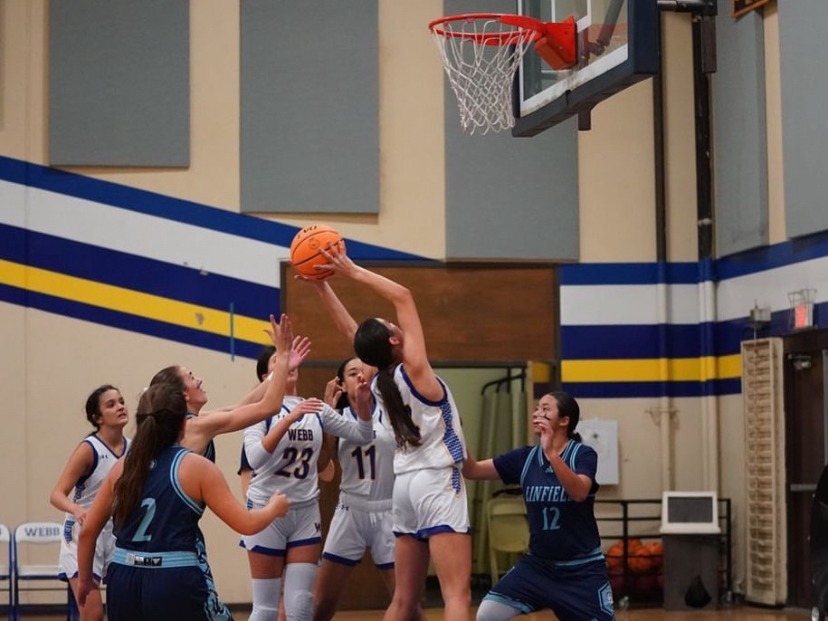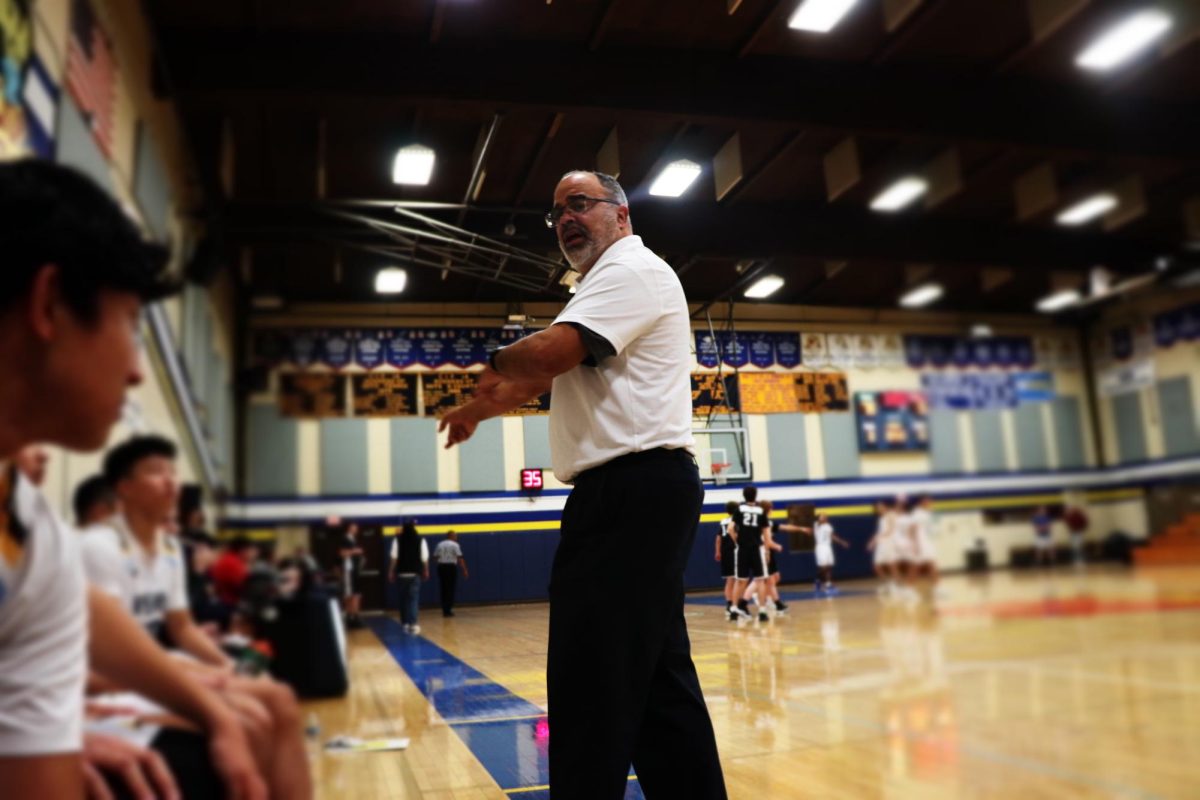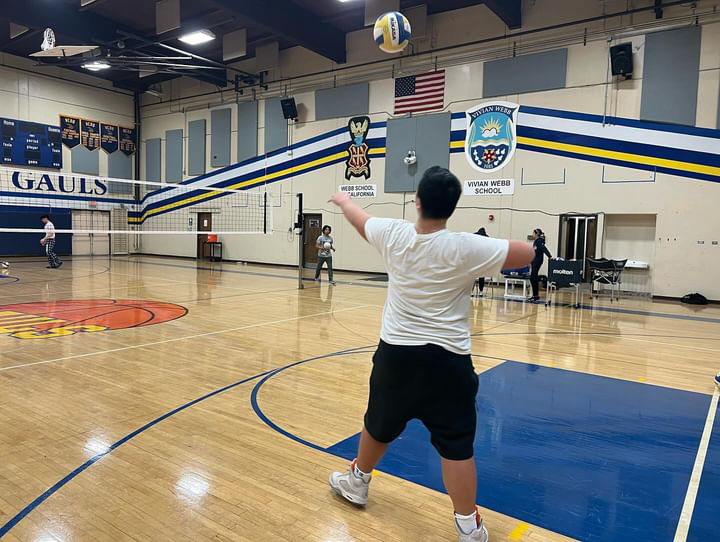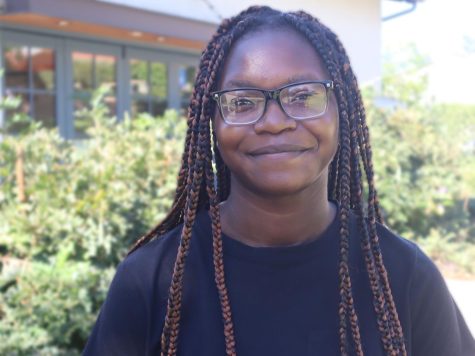The entire world watches with rapt attention as the best players from every country duke it out in the most prestigious event for the most popular sport in the world: soccer. National pride and love for the sport collide every four years during the FIFA World Cup.
Beyond sports and entertainment, the FIFA World Cup is a stage for politics and international relations between countries. Since its beginning in 1930, it has grown into a beloved event watched by billions and is the perfect place for those wanting their voices heard to be noticed.
“There is no bigger platform than the World Cup for people who want their voices heard because everybody is watching it,” said Malick Mbengue, language department faculty and VWS varsity soccer coach.
Protests and controversy are not new to the World Cup, with the very first one being Uruguay refusing to travel to Europe for the 1934 games. Since then, the event has seen many protests and controversies.
In 1938, Italian players wore black shirts in support of fascist dictator Benito Mussolini, and in 2018, members of a Russian feminist punk group, Pussy Riot, stormed the field to protest Russian law enforcement. The World Cup has been used as a platform for all its history, but as globalization progresses, more and more people are becoming aware of how interconnected social issues and world sports are.
The announcement regarding Qatar being the host country for the 2022 FIFA World Cup sparked many controversies. In the round of voting in 2010, the poll was torn between Qatar and USA, with Qatar taking the lead by roughly 64% of the votes.
The logistic capability and intense weather conditions during the summer aroused much concerns. Due to soaring summer temperatures in West Asia, a part of the Qatar 2022 FIFA World Cup bid was hosting the tournament during winter. The cumulation of controversies and environmental factors aroused the question regarding the transparency behind this voting process. In 2015, after admitting to the bribery scandal, Sepp Blatter, FIFA’s former president, resigned. Even though there had been disciplinary action towards the leadership, this decision of location roots for a lot of upcoming controversies.
When Qatar was announced as the host country in 2010, it lacked the infrastructure necessary to accommodate all the soccer fans who would pour into the country to watch such a global and momentous sports event. In just 12 years, Qatar needed to build stadiums, a series of roads, hundreds of hotels, apartment buildings, and even a brand-new metro system.
“I think the World Cup, at its core, is very damaging to whatever country it is in.” Reece Ollivierre (‘23) said. “To build the new infrastructure, most of the time, they get people who are willing to work for cheap. It’s like modern-day slavery — they won’t let the workers leave until the stadium is completed.”
Millions of migrants worked long hours under harsh conditions to make it possible for Qatar to conduct the tournament. Amnesty International, a non-governmental organization working for the protection of human rights, has reported numerous cases of foreign workers’ exploitation in Qatar. Forced labor, appalling living conditions, and delayed salaries of immigrant workers stand behind spectacular Qatar’s World Cup venues.
With all eyes on the field, many at the World Cup this year have taken the opportunity to be outspoken about current issues, regarding both Qatar and outside of it.
“I feel that sports obviously carries a message and we started seeing that in the last fifteen, twenty years, that sports has been used as a platform for protest,” said Esteban Vazquez, language department faculty and WSC varsity soccer coach. “When you think about it from a marketing aspect, where better than the World Cup to really get a message across?”
Players have been particularly outspoken about some of their stances. In their opening match against Japan, players from the German national team covered their mouths with their hands, in protest of FIFA’s clampdown on the “One Love” armband worn, demonstrating solidarity with the LGBTQ+ community.
Attendees in Qatar have been outspoken as well, with items like flags, facial paint and signs to display their messages. During the match between Portugal and Uruguay, a man ran onto the field waving a rainbow pride flag, while wearing a t-shirt that said “SAVE UKRAINE” on the front and “RESPECT FOR IRANIAN WOMEN” on the back.
These protests have sparked discussions about the role of soccer players in international politics. Some believe that a level of responsibility lies on the stars of the sport to speak out about political issues, while others disagree.
“Politics has no place in any arena outside politics,” said Lauren Duffy’s (‘25) dad, Matt Duffy, who is currently in Qatar. “One of the primary reasons people play, follow and watch sports is a diversion from the normal/ordinary world. It is an escape from things like politics.”
The FIFA governing body has had its fair share of accusations and controversies as well, but the President, Gianni Infantino, has responded to this by encouraging the public as well as players to “focus on the sport”.
In a letter to teams ahead of the World Cup, Infantino wrote:
“We know football does not live in a vacuum and we are equally aware that there are many challenges and difficulties of a political nature all around the world, but please do not allow football to be dragged into every ideological or political battle that exists.”
“I don’t believe it’s the players’ responsibility to protest because that’s not their job. Their job is to represent their countries in the best way possible,” Reece said. “I believe that politics has a place not with the players but with the people managing the sport.”
Despite endeavors to keep politics and soccer separate, the FIFA World Cup reflects political, social, and cultural trends. As an event watched by millions, it is understandable why many would want it to reflect their views, and why others prefer it to remain an escape. However, political grounding is what makes soccer such a global sport and imbues FIFA World Cup with a great meaning. Ultimately, the fans around the world are the ones who will decide the future direction of the sport.


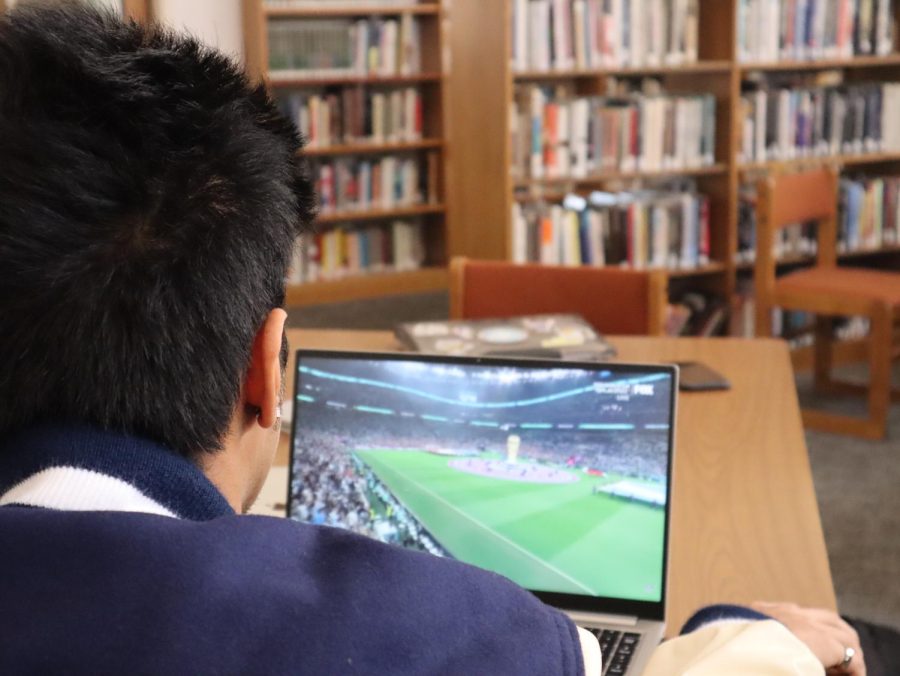
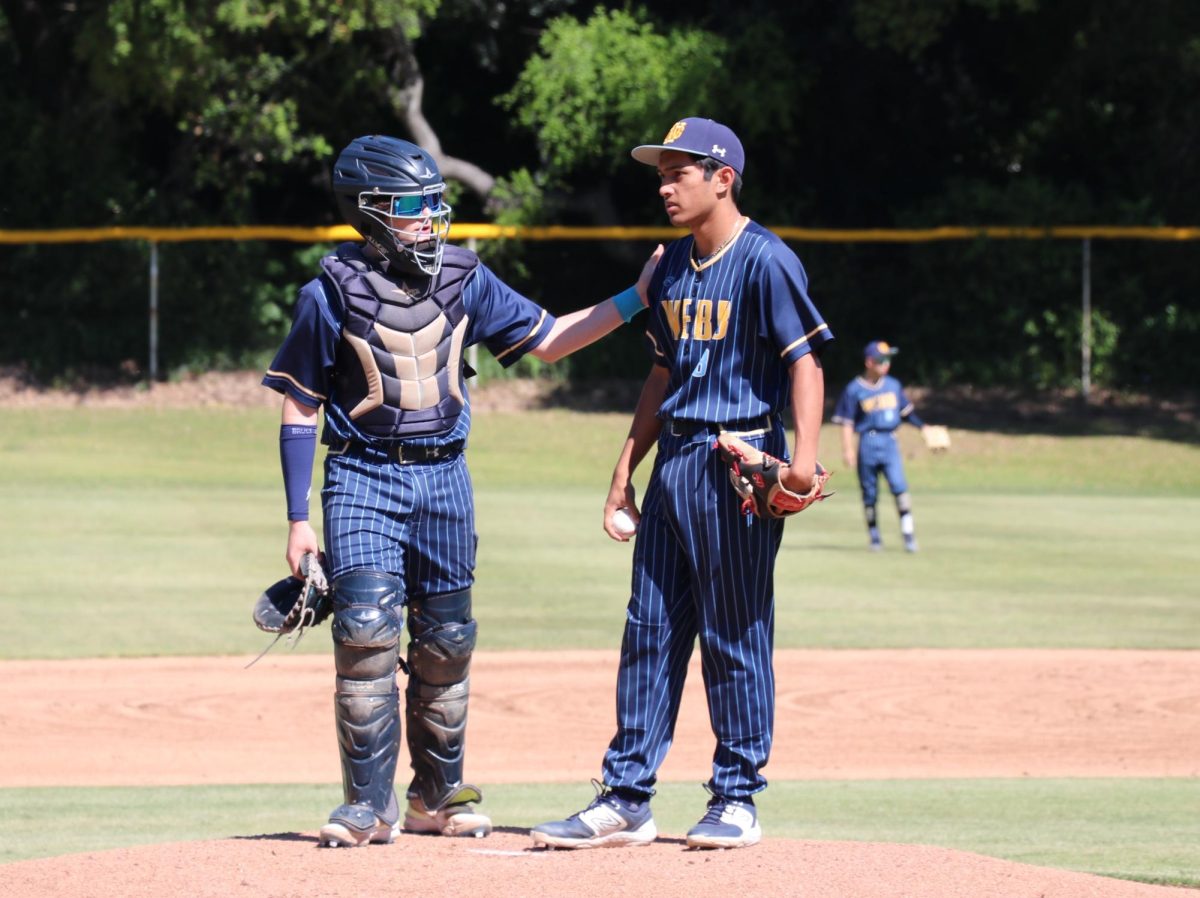
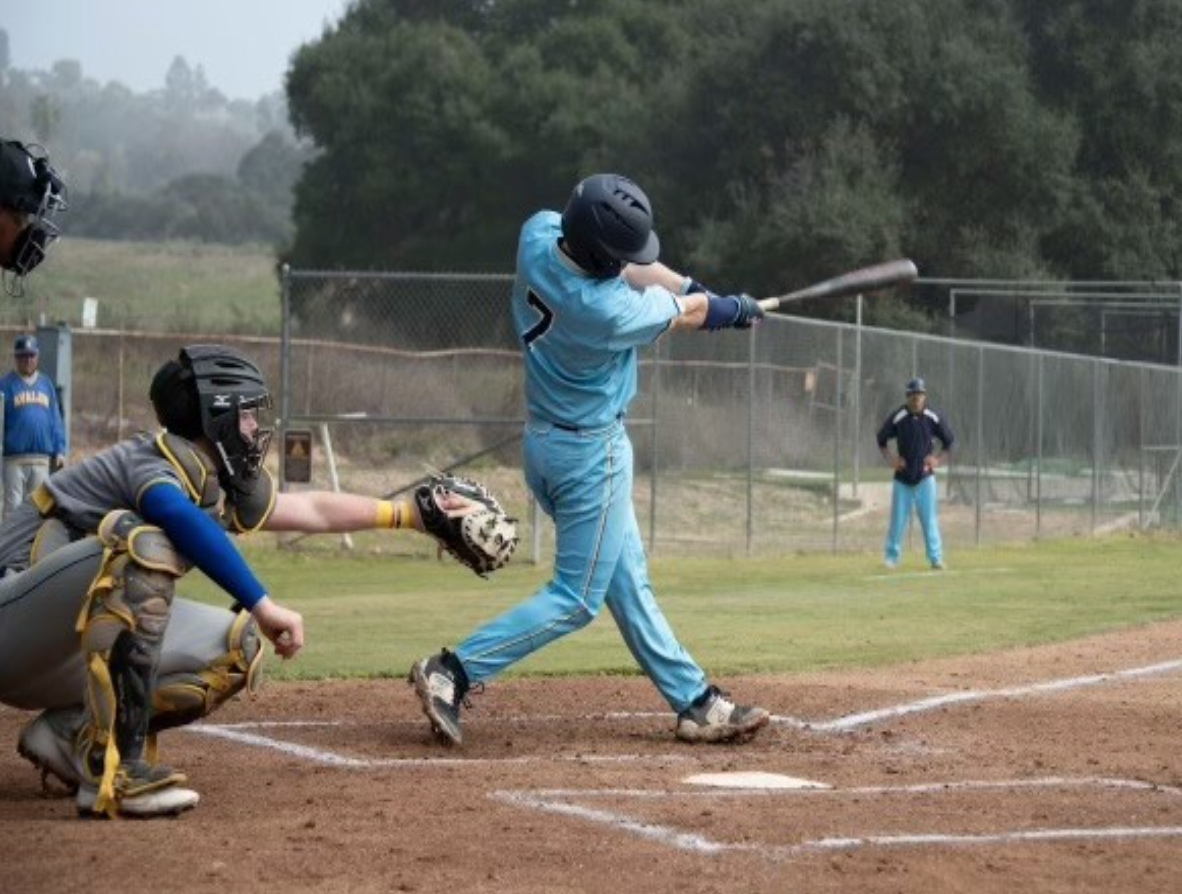
![Senior wrestler, Ken Lin (24’), goes up against one of the many wrestlers who attended this year’s wrestling CIF championship. Out of 30 members on the wrestling team, only four upperclassmen and 4 other members qualified to participate in the CIF wrestling tournament. “This year was a pivotal year for Webb wrestling,” said Eric Hansen, VWS and WSC wrestling coach and humanities department faculty. “This year, our team has had the most members [it’s ever had], and suddenly, the possibilities felt bigger.”](https://webbcanyonchronicle.com/wp-content/uploads/2024/03/IMG_4375-1200x900.jpg)
